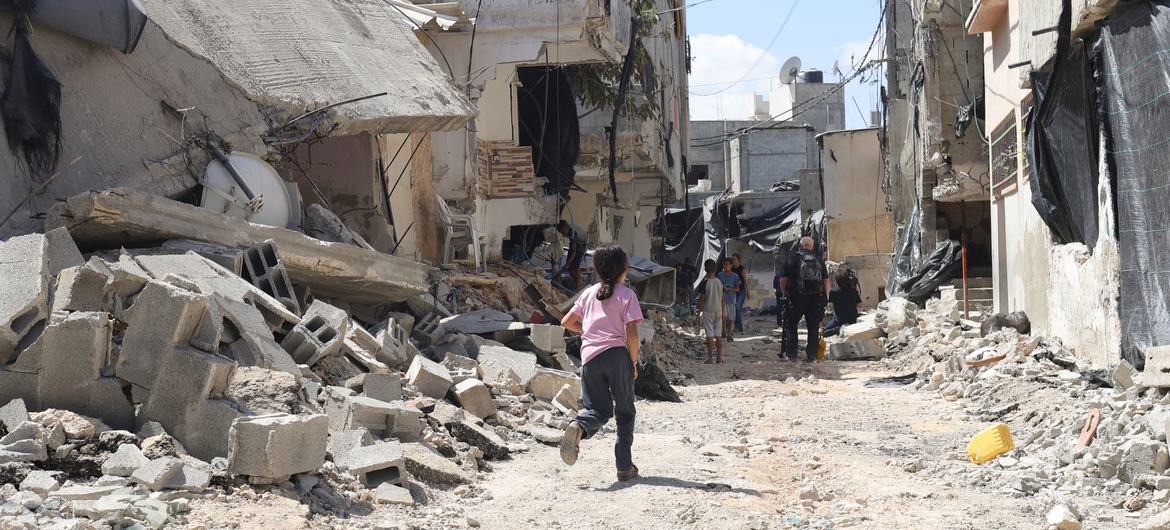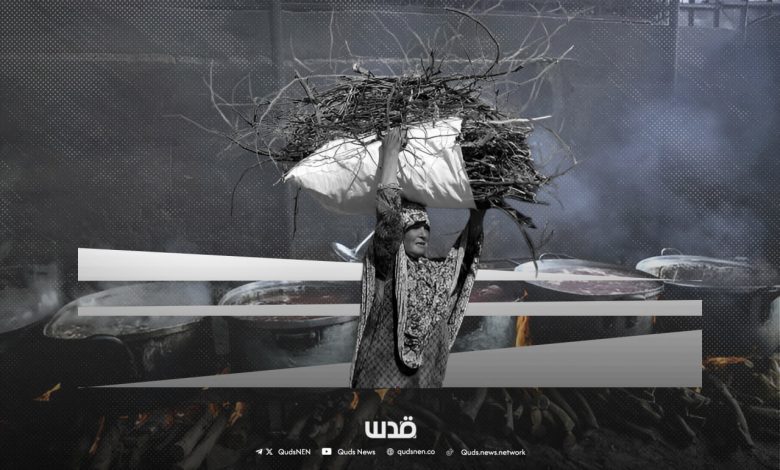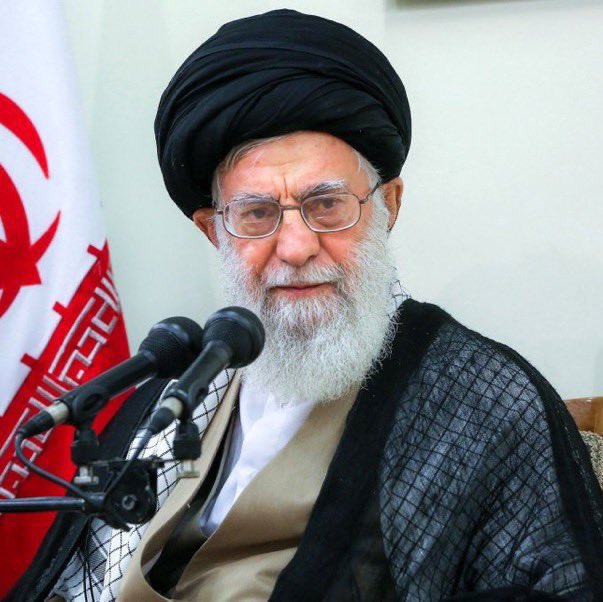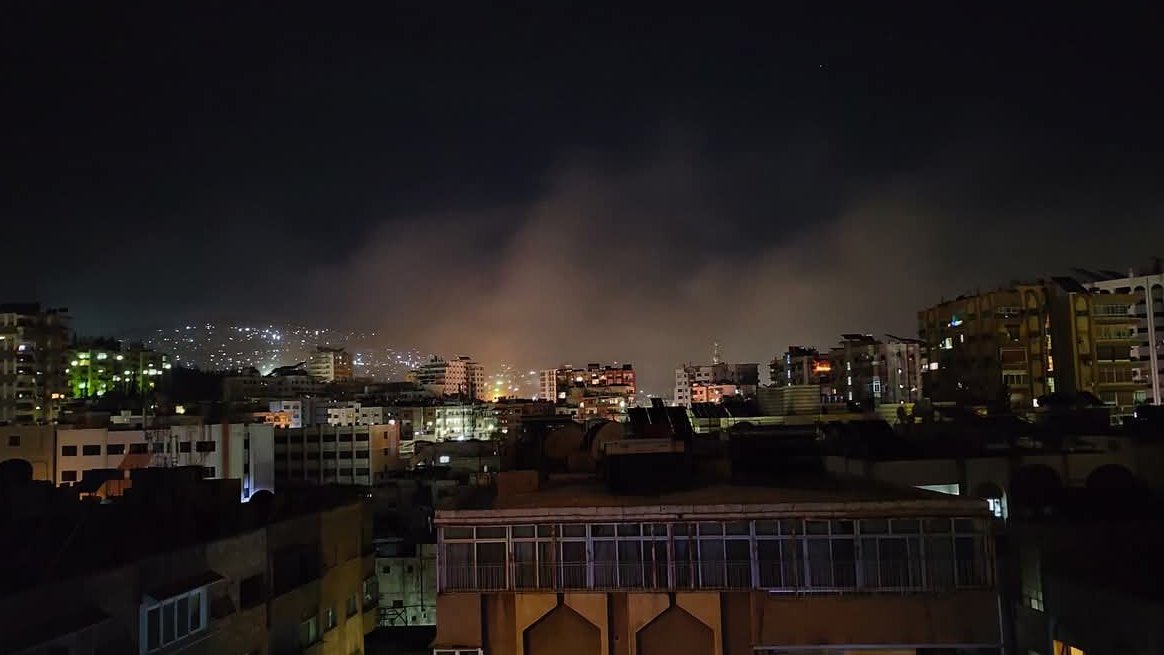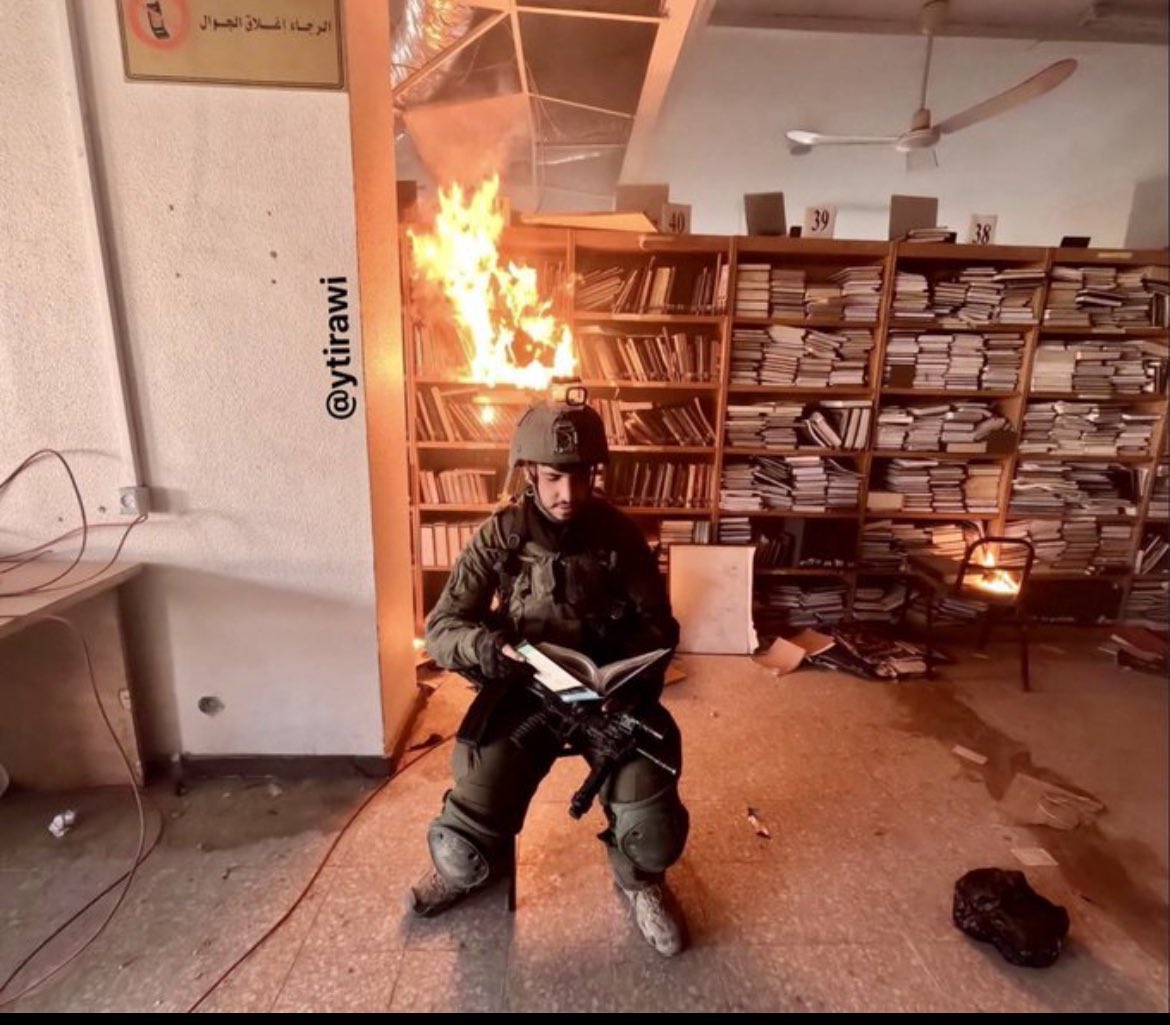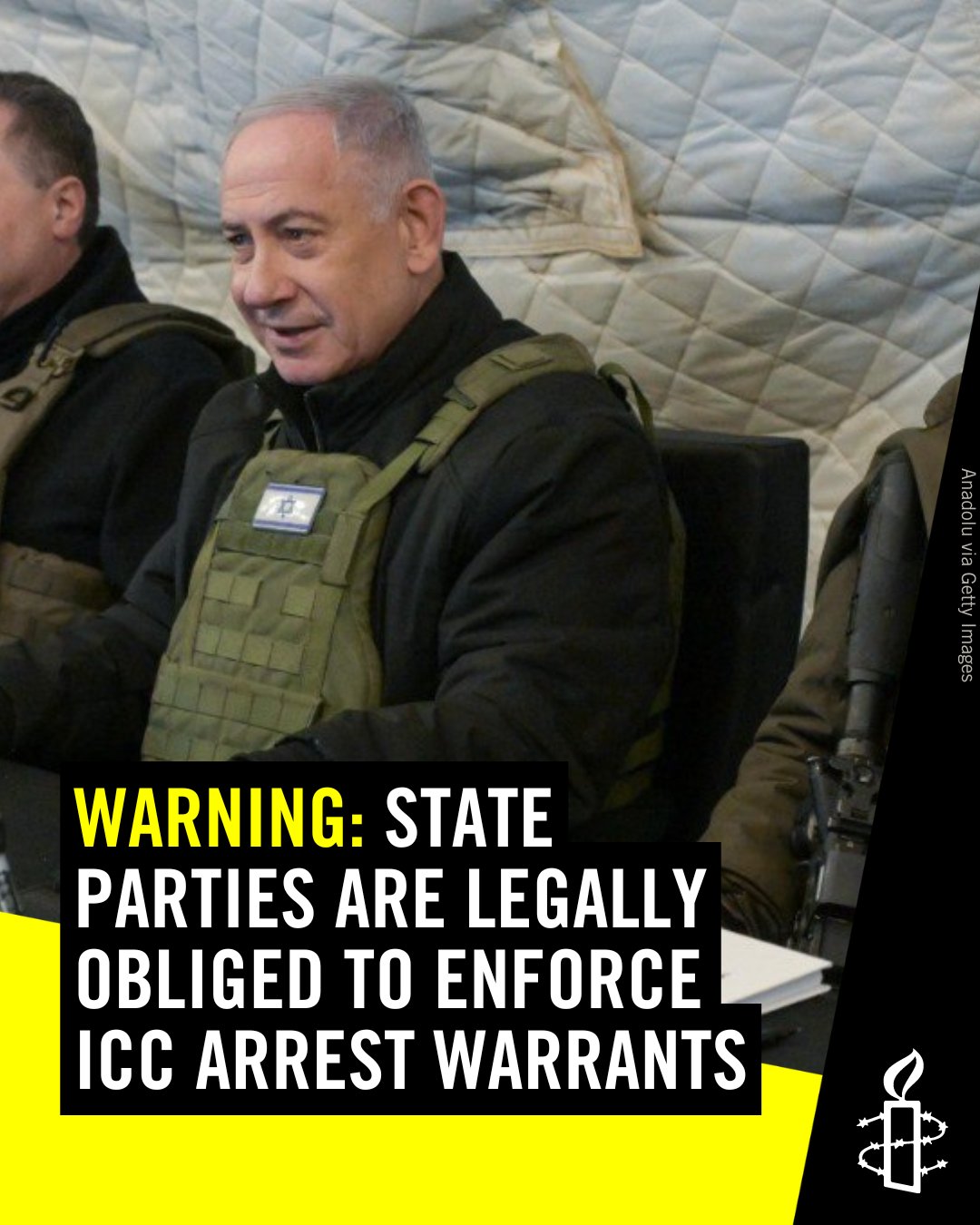15 Martyred: Why Does Israel Kill Ambulance Men?
The international community must hold Israeli officials and responsible individuals accountable for the deliberate killing of 15 paramedics and first responders from the Palestinian Red Crescent and Civil Defense. The victims—killed by the Israeli military in Rafah, in the southern Gaza Strip—also include an employee of the United Nations Relief and Works Agency for Palestine Refugees (UNRWA). This killing is part of Israel’s widespread and systematic attacks on humanitarian, medical, and UN workers, all of whom are protected by international law.
According to field evidence, Israeli forces killed eight Palestinian Red Crescent paramedics, five Civil Defence personnel, and one UNRWA employee; all were on duty at the time of their targeting. The crime has been referred to as “the largest mass execution of humanitarian workers in the history of modern warfare”. Following the total destruction of the workers’ vehicles, the majority of their bodies were subsequently interred in a deep pit that was then filled with sand. This horrifying scene serves as further evidence of Israel’s ongoing genocide in the Gaza Strip, and is a major crime that is a serious breach of international humanitarian law.
The crime is just one of a string of intentional assaults that have been directed at humanitarian and medical workers since 7 October 2023. Since then, Israel has killed over 1,400 medical personnel, 27 Red Crescent paramedics, and 111 Civil Defense personnel as part of a systematic campaign to destroy the Gaza Strip’s health and relief infrastructure to kill Palestinians, while simultaneously aiming to destroy their means of subsistence as well.
A Palestinian Red Crescent ambulance left Rafah’s Hashash neighbourhood early on Sunday (23 March 2025) to evacuate injured individuals who had been hit by Israeli attacks. However, the medical staff inside the ambulance suffered injuries themselves as a result of the Israeli occupation forces’ intense fire. Three more ambulances were sent to evacuate the injured, including the crew members hurt in the initial attack, as the situation worsened. The area was then abruptly surrounded by a strict security cordon by the occupation forces, which has since cut off all communication with medical personnel.
That same day, a Civil Defense rescue team in Rafah’s Tal al-Sultan neighbourhood received urgent calls to travel to al-Hashash area. The calls stated that Israeli occupation forces had unexpectedly invaded the area, killing and injuring dozens of people and trapping medical personnel. Though the call was answered by a team of six Civil Defense personnel, communication with the team was lost shortly after they left to do their job.
One of the crew members was severely beaten by the Israeli occupation forces and then released that evening. The rest—the UNRWA employee, five Civil Defense personnel, and eight Red Crescent paramedics—were killed.
Additional ambulance and Civil Defense crews were able to reach the scene on Friday 28 March, following international coordination, and discovered the mission leader, Civil Defense officer Anwar Abdul Hamid al-Attar, dead, with his body shredded. The rescue crews that arrived Friday also found all of the Red Crescent vehicles, fire trucks, and ambulances completely reduced to charred metal.
Despite being protected by international humanitarian law, the paramedics were directly targeted, as evidenced by the ripped remains of the safety gear discovered at the crime scene. Additionally, evidence shows that the Israeli occupying forces not only killed the victims, but also covered up their crime by using bulldozers and other large equipment to bury the bodies in a mass grave.
The bodies of the eight Red Crescent paramedics were recovered by rescue crews on Sunday 30 March 2025, the first day of Eid al-Fitr. One crew member is still missing, and is thought to be being held by the Israeli military. The bodies of the UNRWA employee and five Civil Defense personnel were also discovered on 30 March.
The Palestinian Red Crescent has identified the following victims: Mohammed Bahloul, Ashraf Abu Labda, Mohammed Al-Hila, Raed Al-Sharif, Mustafa Khafaja, Ezz El-Din Shaat, Saleh Muammar, and Refaat Radwan. The victims from the Civil Defense are Yousef Rasem Khalifa (ambulance officer), Fouad Ibrahim Al-Jamal (ambulance driver), Ibrahim Nabil Al-Maghari (firefighter officer), Samir Yahya Al-Bahabsa (firefighter officer), and Zuhair Abdul Hamid Al-Farra (firefighter driver). The victim who worked for UNRWA is Kamal Mohammed Shahtout.
“As soon as the incident occurred, we entered the site west of Rafah with OCHA crews, “Sufyan Ahmed, a member of the Civil Defense team involved in the effort to recover the victims’ bodies, said in a statement to Euro-Med Monitor. “The Israeli army told OCHA that the bodies of the victims were found next to a fire truck and an electrical pole. Using a small bulldozer, we started our excavation at the spot the army had designated. One body was discovered. After examining it, it was determined to be the body of the mission leader, Anwar Abdel Hamid al-Attar.”
He continued: “We used OCHA to get in touch with the army and enquire about the whereabouts of the other bodies. They replied that the bodies were in the same hole from which we had taken al-Attar’s body, next to the electrical pole. We dug deeper into the hole and kept looking, but we could not find anything. We then had to leave the site because the army had given us a limited amount of time.
“We went to the site the following day and waited at a nearby location, awaiting the army’s approval to enter,” he added. “After roughly five hours, we were told that entry was refused, so we departed. The following day, we anticipated being granted access to the site, but were still denied permission. After a few days of waiting, we received approval yesterday, Sunday, and were able to access the site. We were told that the army would stay with us until they told us where the bodies were interred so that we could start the excavation process.”
Explained Ahmed: “When we got to the site, a quadcopter was flying overhead, showing us where the bodies were buried. We received a sign pointing to the graveyard from the drone. We were shocked to learn that the designated site was far from the one where we had previously been informed the bodies were interred. At that moment, we recognized that they had been attempting to delay, procrastinate, and waste our time the first [few days]. We, the Civil Defense staff (two paramedics and two drivers), convened briefly after the new location was determined to devise a strategy for safely retrieving the bodies. We had prior experience on similar missions and had the required equipment.
“We started digging right away, discovered a body, and recovered it. We dug out another body that we found underneath. We then found a third body underneath. We dug further until all of the Red Crescent and Civil Defense personnel’s bodies were found in the same hole. The body of an UNRWA employee was the only one still missing. We asked OCHA about its location, and they told us that it was close to the ‘barracks’ area, west of Rafah.
The bodies had distinct features, but they were in the early stages of decomposition. When they were examined, it was evident that a barrage of bullets had struck them. Based on my observations, the injuries were located in the chest region. A closer look revealed that some of the victims had still been alive despite their injuries—they were apparently buried alive with their feet bound.
“Among the bodies we looked at was Ibrahim al-Maghari’s. His body was covered in severe bruises and showed evidence of torture, and his legs seemed bound. After being shot in the back of the head, his face was completely ripped apart. Regarding Fouad al-Jamal’s body, he was shot in the head from a very close distance, causing his skull to shatter, [giving the appearance of] crushed bones. We discovered that every employee of the Palestinian Red Crescent had been shot in the left and right sides of the head.
After getting permission from the Israeli army, we removed the bodies with immense grief and suffering, moved them to ambulances, and left the site for the hospital.”
Ahmed went on, “We saw bags, blankets, clothing, and other items belonging to thousands of citizens who had been displaced that day, when we first arrived at the scene of the incident and collected the body of Anwar al-Attar. However, these items were absent when we returned to the site a few days later, indicating that the incident site had been altered and tampered with.”
He affirmed: “We were joined by a Red Cross delegation and a forensic physician with expertise in autopsies when the bodies were recovered. Along with documentation experts, we were joined by a delegation from UNRWA and OCHA. All of them observed the process of recovery.”
Another Civil Defense crew’s testimony, which was obtained by Euro-Med Monitor, claims that the victims were cruelly tortured and killed by the occupation forces. The body of one Civil Defense member was wearing handcuffs, while others were discovered in a state of partial undress, and additional victims were found to have suffered from extreme torture that led to their deaths, such as having more than 20 bullets fired into their chest. Most of the victims’ bodies were discovered in a mass grave that was two to three metres deep, this testimony confirms, suggesting that Israeli soldiers forced the victims out of their cars, killed them in cold blood, and then buried them to hide any evidence of the crime.
The Geneva Conventions, which provide protection for medical personnel, relief and humanitarian workers, and United Nations personnel, are gravely violated by this heinous crime, which also blatantly violates international humanitarian law. This is one of many full-fledged war crimes committed by Israel as part of its genocide against Palestinians in the Gaza Strip. The international community must take prompt legal action and hold Israel and its allies accountable, as Israel is clearly attempting to eradicate the Strip’s Palestinian population, either by killing them directly or by destroying the institutions that support their existence—the gravest possible crimes.
All states must swiftly launch international criminal investigations to bring every perpetrator to justice. This includes using national courts to hold their own citizens accountable for any crimes related to Israel’s genocide, as well as supporting the International Criminal Court’s work and assisting the Court in any way possible, such as by issuing arrest warrants and turning over any criminals to the appropriate authorities. In order for states to fulfill their responsibilities under international law, Israeli citizens or dual citizens who have committed crimes against the Palestinian people must be prosecuted under the principle of universal jurisdiction.
Every state, both individually and collectively, must fulfill their binding legal obligations and act quickly to end the genocide in the Gaza Strip. Since this is a fundamental, non-negotiable right of a population under international law, states should take all reasonable steps to protect Palestinian civilians in the Strip; protect medical, humanitarian, and UN personnel there; lift the blockade on the enclave; and permit the immediate and unhindered entry of humanitarian aid. There is no legal exception that would permit Israel to deny this aid to the Palestinian people.
The international community must impose economic, diplomatic, and military sanctions on Israel due to its egregious and ongoing violations of international law. These sanctions should include a travel ban; a freeze on the financial assets of officials linked to crimes against Palestinians; a suspension of military cooperation; and a ban on arms sales to—and purchases from—Israel. In addition, trade privileges and bilateral agreements that give Israel economic advantages and allow it to carry out crimes against Palestinians must besuspended as part of these sanctions.
The United States and other nations that give Israel any kind of support or assistance in connection with the commission of its egregious crimes, including aid and contractual relationships in the military, intelligence, political, legal, financial, media, and other areas that contribute to the persistence of such crimes, should be held accountable and prosecuted.
Euro-Med Human Rights Monitor
